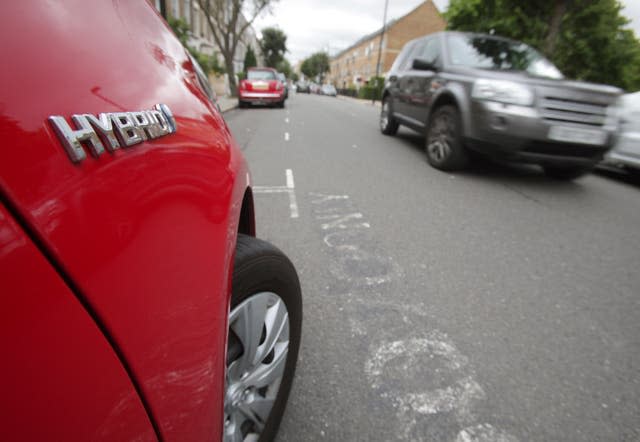Portsmouth Clean Air Zone charges start this month: Here’s what you need to know
Clean Air Zones are slowly becoming more common as the Government works to reduce air pollution in major cities.
London’s is arguably the best-known, but zones have also been put in place in Bath and Birmingham, with plans for Bradford and Greater Manchester next year.
However, next in line is the south coast port city of Portsmouth, which will see its Clean Air Zone implemented from November 29.
Residents and regular visitors will be pleased to know there are plenty of exemptions to the charge, so we’ve put together this handy guide to explain all…

What is a Clean Air Zone?
Let’s start with the basics. A Clean Air Zone (CAZ) is a designated area of a city where local authorities want to reduce air pollution from road transport. They’re usually implemented because pollution levels are dangerously high.
Motorists entering this area will be charged a fee with the goal to reduce traffic. More modern, less-polluting vehicles are exempt from the charge in a bid to encourage motorists into cleaner vehicles.
The rules around charges differ slightly from city to city.
When and where will Portsmouth’s CAZ be?
The CAZ will begin on Monday, November 29. It’s focused on the south west of the city, beginning around the end of the M275 at its most northern point and extending south to Winston Churchill Avenue. Its eastern border runs parallel to Kingston Road and Fratton Road and extends west to include Gunwharf Quays.
Will I be charged for entering?
The good news for the average Portsmouth resident is that the Government has classified this CAZ as ‘Class B’, which means private vehicles will not be charged to enter the zone, so the vast majority of traffic will not have to pay.
However, charges will apply to heavy goods vehicles, buses, coaches, taxis and private hire vehicles that do not meet Euro 6 emissions standards for diesel or Euro 4 for petrol.
There is a page where you can check your vehicle on the Government website to find out if you have to pay.
How much will it cost?
Non-compliant heavy goods vehicles, buses and coaches will be charged £50 per day to drive in the CAZ, while taxis and private hire vehicles will be charged £10 per day.

Some of these vehicles are exempt from charges, too. Emergency vehicles and specialist heavy vehicles such as recovery vehicles are exempt for life.
Horse transporters are classified as HGVs but are exempt for up to 10 trips a year to give horse owners on the Isle of Wight access to specialist care, while school and community transport will be exempt for two years.
Wheelchair-accessible taxis and private hire vehicles are exempt for the first six months to give drivers the chance to seek council funding to upgrade their vehicles.


